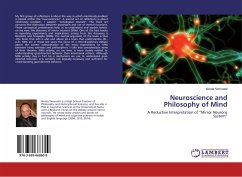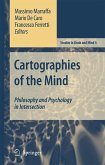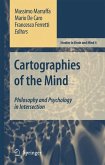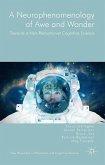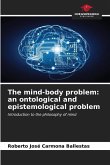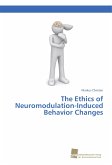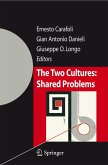My first group of reflections is about the way in which mind-body problem is placed within the neurosciences . A second set of reflections is about mind-body problem. I support ontological monism . The third set concerns the distinction between possession and use of mental functions. These conceptual preliminaries help us to understand and explain better, on my view, the discovery of mirror neurons (MNs). One of the best books in reporting experiments and implications arising from this discovery is Rizzolatti and Sinigaglia (2006). The central argument of the book is that "the brain that acts is also and above all a brain that understands" (Ib., p.3). MNs are in these last years the focus of a inter-disciplinary debate about the correct interpretation of the many experiments on MNs between many scientists and philosophers. I take into consideration some of their theories. MNs activity, on my view, is more closely related to understanding goal-directed behavior than intentional actions. Although MNs activity may in fact be a mechanism we use to understand goal-directed behavior, it is certainly not logically necessary and sufficient for understanding goal-directed behavior.
Bitte wählen Sie Ihr Anliegen aus.
Rechnungen
Retourenschein anfordern
Bestellstatus
Storno

